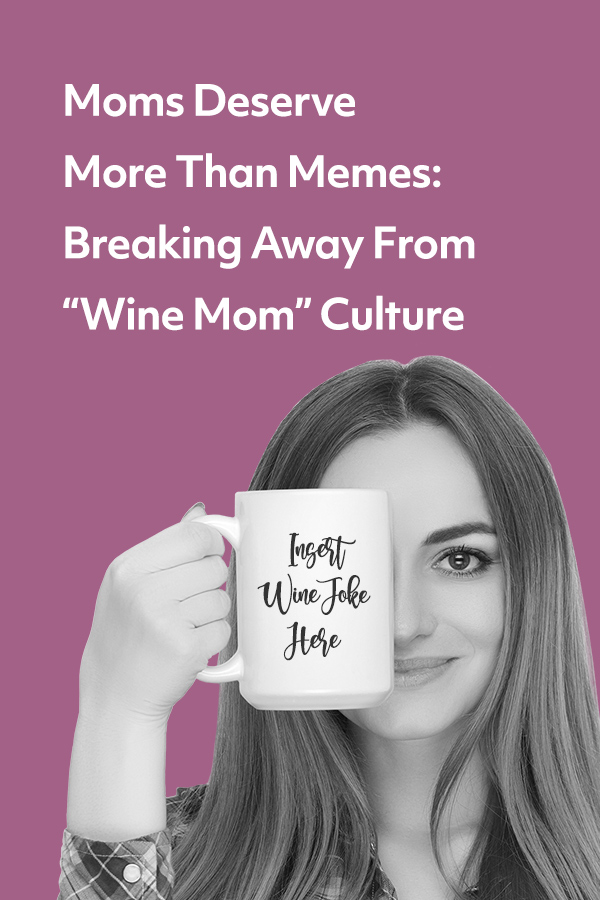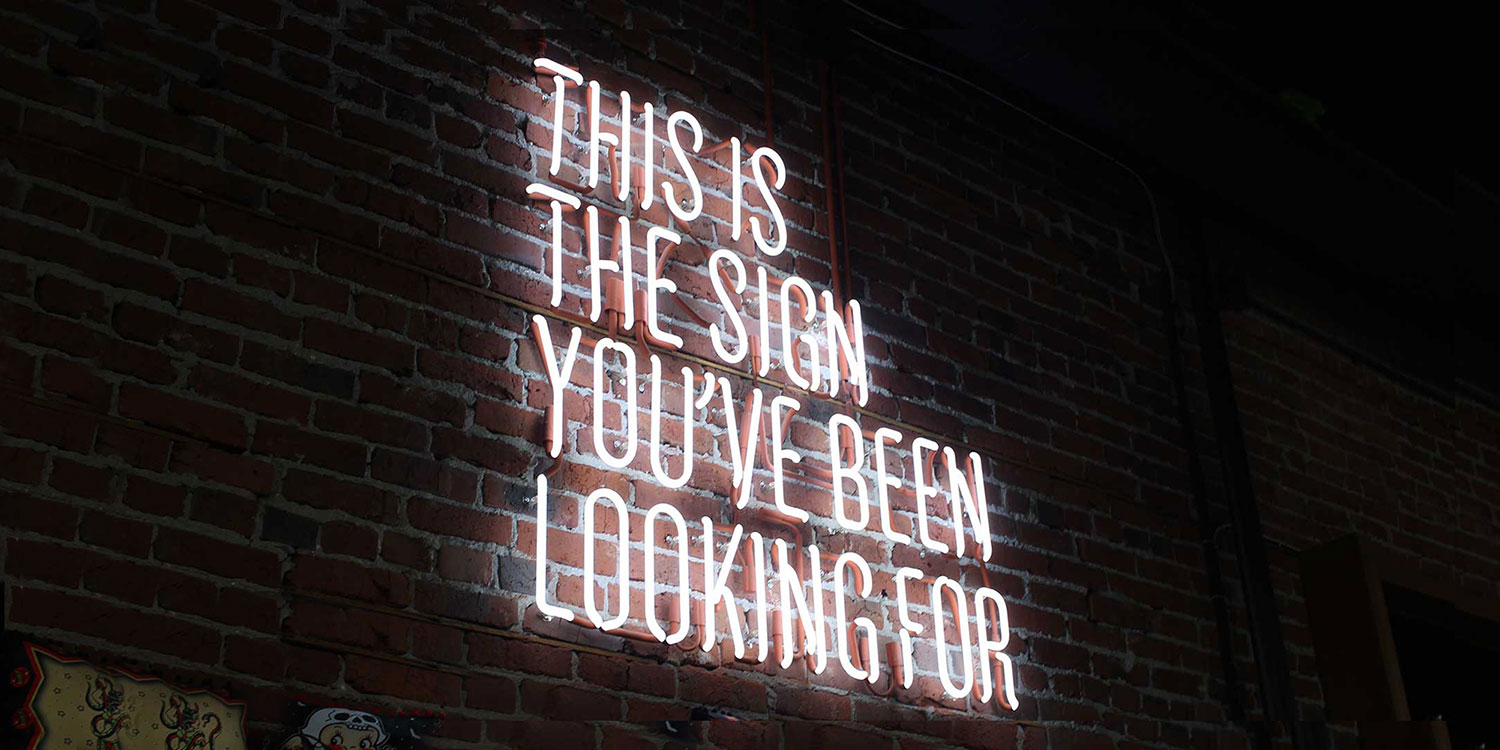According to mugs, t-shirts, and novelty wine glasses, the only thing moms need to recharge after a hard day of being everything to everyone is a glass of chardonnay. This messaging normalizes drinking culture and diminishes the real struggles moms face.
Recently I was scrolling through my social media feed when my thumbs stopped on a photo. It was an innocuous ceramic coffee mug with a delicate script written across it that read, “There might be wine in this mug.” The photo was met with a flurry of cheers and “lol” and “me too!” from other moms on the thread. All of this was happening at 8am.
The rise of the “wine mom”
Somehow the normalization of heavy drinking has become synonymous with motherhood. The battle cry for exhausted moms everywhere trying to keep up with virtual school, endless zoom meetings, and basic hygiene, while maintaining some semblance of sanity at the end of the day. But the message behind every kitschy coffee cup is clear: being a mom is hard and booze makes it better.
And being a mom is really hard. This is true now more than ever, when women face unprecedented levels of stress as they struggle to balance work, parenting, household responsibilities, and never-ending covid fatigue. It’s understandable that sometimes at the end of a long day, it seems easier to fade away into a glass of wine than deal with the realities of the world. That escape is coming at a high price for women. Rates of alcohol use disorder (AUD) have increased in women by 84% over the past ten years. Women are drinking more and more to cope with life.
The problem is, booze is—at best—a short-term fix often that leads to long-term issues. Physically, alcohol contributes to liver damage, heart disease, and breast cancer. If you already have anxiety or depression (two leading co-occurring conditions with SUD) alcohol amplifies the effects on the body and lingers long after your last drink. Perhaps even more insidious than the physical toll alcohol takes on our body is the emotional damage it takes on our whole being.
My relationship with alcohol was tied to my unhealthy expectations for myself
Looking back on my own experience of juggling the pressures of everyday life as a working mother, wine made it okay to put my needs last. Alcohol was not only an escape from my problems but my escape from myself. I swallowed my boundaries along with my pinot. Happy hour was the smile I wore on my face when inside I was anything but happy. In a world that still rewards women for being selfless, alcohol allowed me to erase my sense of self. My need for needing.
Making the choice to stop drinking was the most powerful decision I’ve ever made as a woman. It’s been less about stopping drinking and more about starting to take up space in my own life. To push beyond the bounds of what I thought I was allowed. To be clear about what I want, what I need, and what I know to be true. And the truth is, it hasn’t always been easy. The truth is, it’s cost me relationships. But it has also given me back the most important relationship of all—the one with myself.
I know that some of the problems women are facing right now are complicated. Many require systematic changes. But in the meantime, we need more than tired wine memes. We need comprehensive mental health and better support systems. We need to be heard and have our needs recognized. Most of all, we need to know that our power was never at the bottom of a bottle. It was within us the entire time. Maybe I’ll get that printed on a coffee cup …









